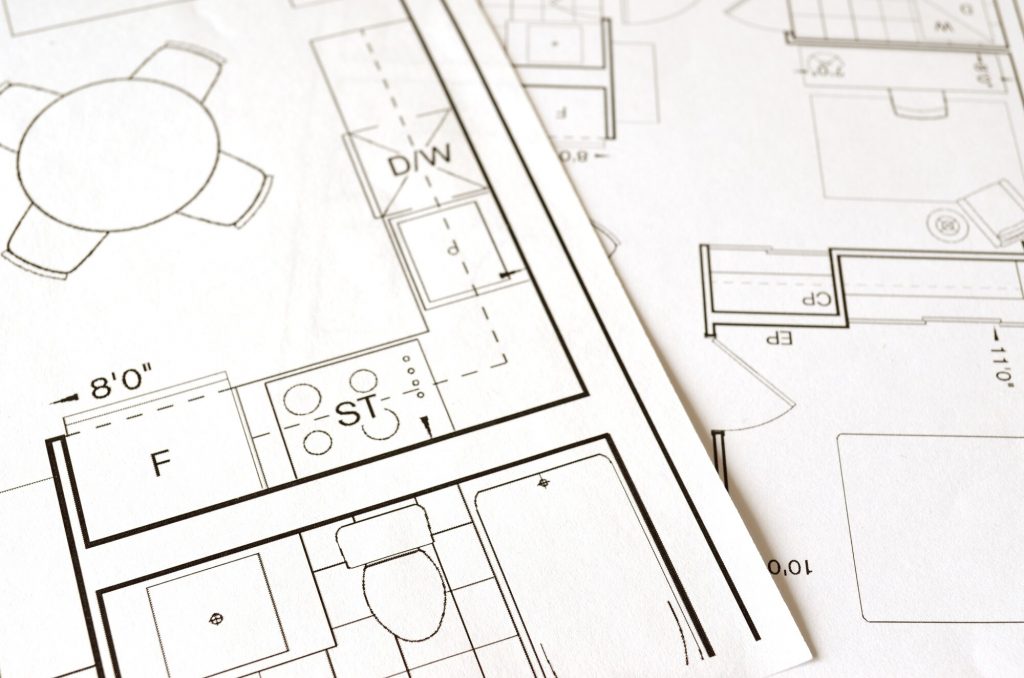10 Things to Consider When Renovating Your Kitchen
Nearly 90% of American homeowners plan to remodel their property at some point.
Renovating your kitchen is fantastic if you’re planning to sell, change its style, and add value to your home. Perhaps you’ve scheduled the remodel but you’re worried about missing out on a key part of the process.
Sounds like you? Don’t worry, we’ve got your back. Here are 10 things everyone must consider when renovating a kitchen.
1. Budget
Home renovations require an ironclad budget to ensure you’re not overspending on your remodel. Figure out whether you want new cabinets, granite countertops, or if you want to re-do the flooring as this will determine how much you’ll need.
You could also consider a home equity loan for major renovations to avoid dipping into your savings. During this stage, figure out whether you need city permits as it may be harder to sell or refinance your home (if you’re planning to) because it must comply with zoning laws.
2. Timeframe
You’ve contacted a glass cabinet maker for the glass cabinets and bought new kitchen appliances, so it’s time to decide how long the renovation will take. Consider how long you can live without a fixed kitchen, whether it’s four weeks or eight.
When you update your kitchen, there are plenty of steps so make sure you’ve given yourself wiggle room in case there’s a delay.
3. Whether to DIY or Hire a Contractor
Decide whether you want to renovate your kitchen or hire a contractor to bring your dream to life. You could also ask an interior designer to shape the new design so you find a style that best represents your household. From fixtures to your new oven, every component must work well together.
4. Your Kitchen Layout
Before the renovation process, you must consider the layout. Note that you can’t simply tear down a wall for an open plan, you must check whether it’ll affect your home’s structure. Further, you don’t have to keep your appliances in the same place especially if you’re after better ventilation.
You should also consider how easy it is to move around your kitchen. Otherwise known as a “work triangle”, this means you can reach the refrigerator, sink, and stove with zero hassle.
5. Electrical Wiring and Plumbing
Aside from installing your new refrigerator, you must also comply with code requirements. For instance, you must provide two 20-amp appliance circuits, power lighting fixtures with 20-amp appliances, and have multiple outlets.
You should also consider ventilation to keep your household safe. It’s wise to have a range hood vent ducted to the outside, above your cooktop, so consider this when figuring out the wiring.
6. Packing Up Your Kitchen
Divide your kitchen items into storage and temporary. For the first pile, pack pots, pans, and appliances you won’t use during the renovation. The latter includes plates, utensils, and food but make sure, if there’s any leftover, you donate them to someone else.
You should also cover the floors with a tarp or plastic sheeting to protect them from dust.
7. Setting Up a Temporary Kitchen
You’ll need an area to cook so move the refrigerator, microwave, and other portable cooking appliances into another room. Or whip up meals on your outdoor grill if you’re remodeling in the summer.
What about dirty dishes? Simply, wash them in your bathtub or bathroom sink if you can. Or stock up on paper plates and plastic utensils.
8. Remember Good Lighting Is Key
Cooking in the dark is impossible so install ambient and task lighting so you can focus on making your favorite dishes.
You can install recessed lighting, LED under-cabinet lights, or sconces so they don’t clutter your room. Adding dimmers is a great way to control the level of illumination and make sure the switches are in convenient locations.
If your kitchen has small windows, consider installing larger ones to welcome natural light.
9. Appliances
Make sure your appliances align with your new kitchen design. For instance, if you’re choosing a heavier oven or refrigerator then make sure your home’s foundation can handle it. Plus, dishwashers may require additional plumbing so factor this in.
10. Contemplate the Need for Extra Space
Many homeowners want to enlarge their kitchen which is why they renovate.
But it’s important to think this through otherwise you may cause irreversible structural damage. If you’ve got smaller rooms (e.g. a pantry) then consider merging that with your kitchen so you have more space. You should consult with a certified kitchen planner as they’ll help you reconfigure the walls so your kitchen feels larger.
Another important component of your kitchen is the flooring. Many homeowners love tiles as they’re low-maintenance but you may face elevation issues at the doorways so plan wisely. Engineered hardwood flooring adds warmth to the room and is scratch-resistant, perfect for households with high foot traffic.
Other options include luxury vinyl and laminate flooring which are durable, easy to clean, and come in an array of designs so it’s easy to find one that aligns with your kitchen’s aesthetic.
That’s Everything About Renovating a Kitchen
Hopefully, after reading this article, you now know what to consider before renovating a kitchen.
Make sure you outline a budget, factor in your kitchen’s layout, and plumbing system to streamline the remodeling process. You should also figure out storing your kitchen items and set up a temporary kitchen so your life isn’t too disrupted. Good luck!
Did you find this article helpful? Great! Then check out our posts on everything from Education to DIY tips.




